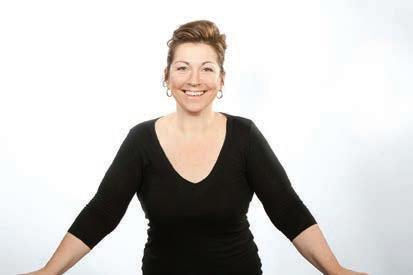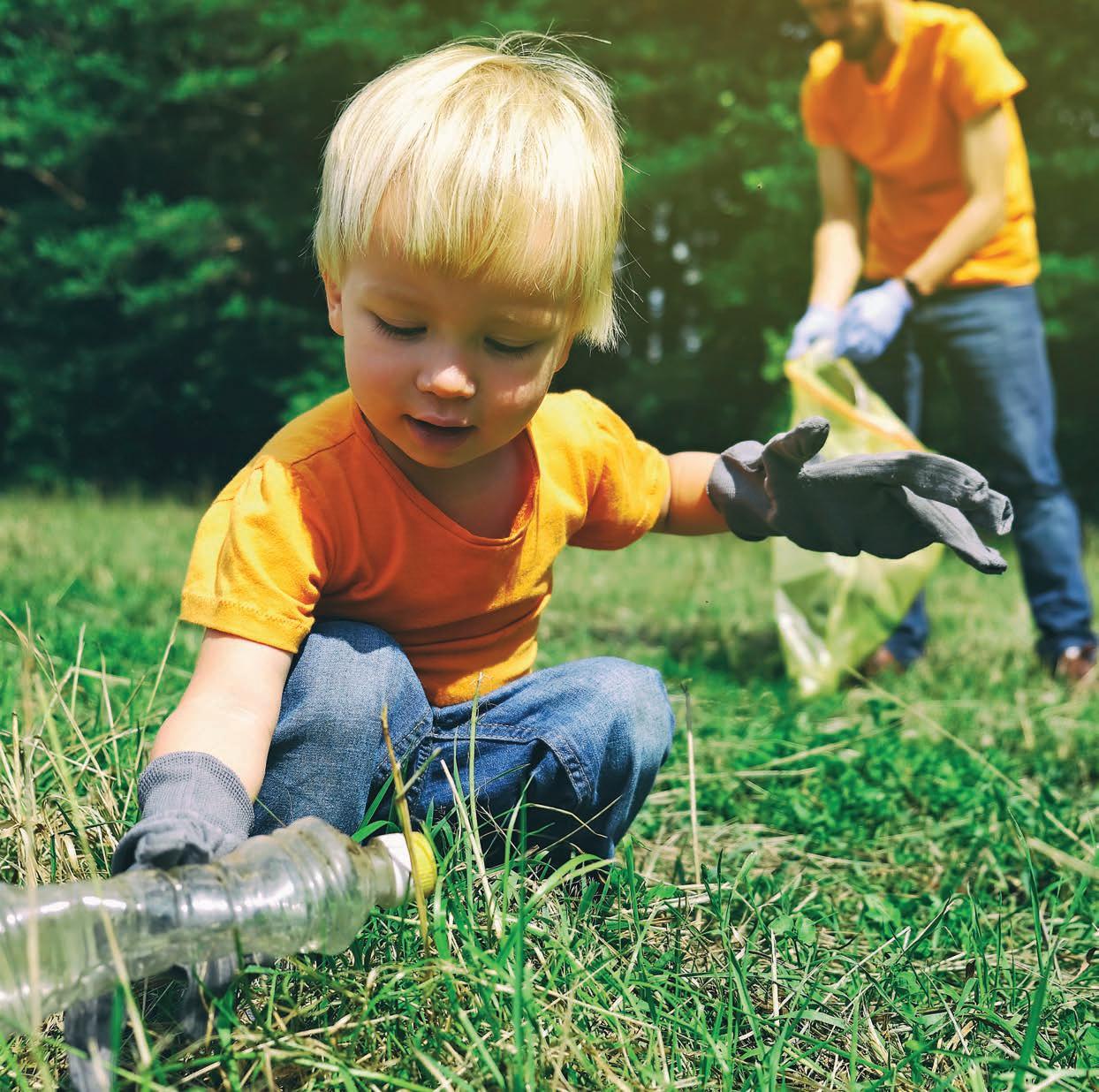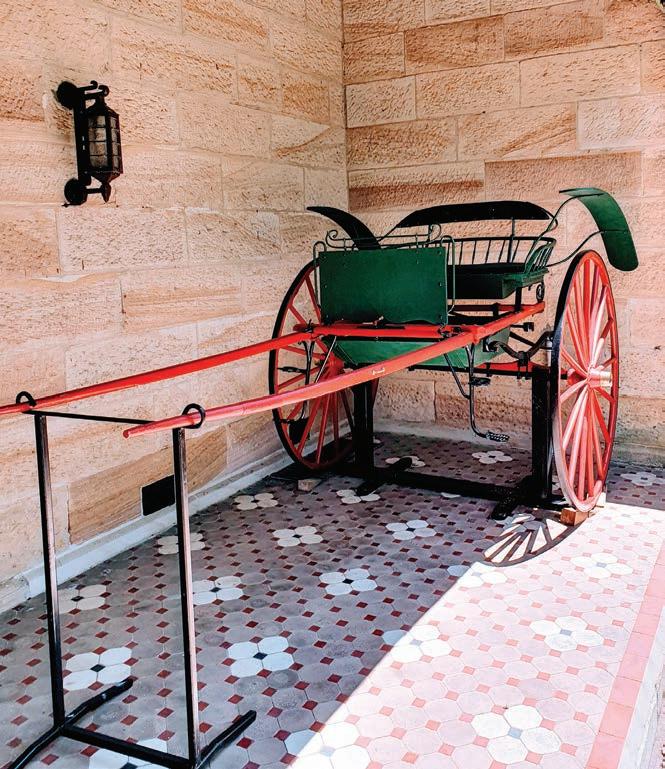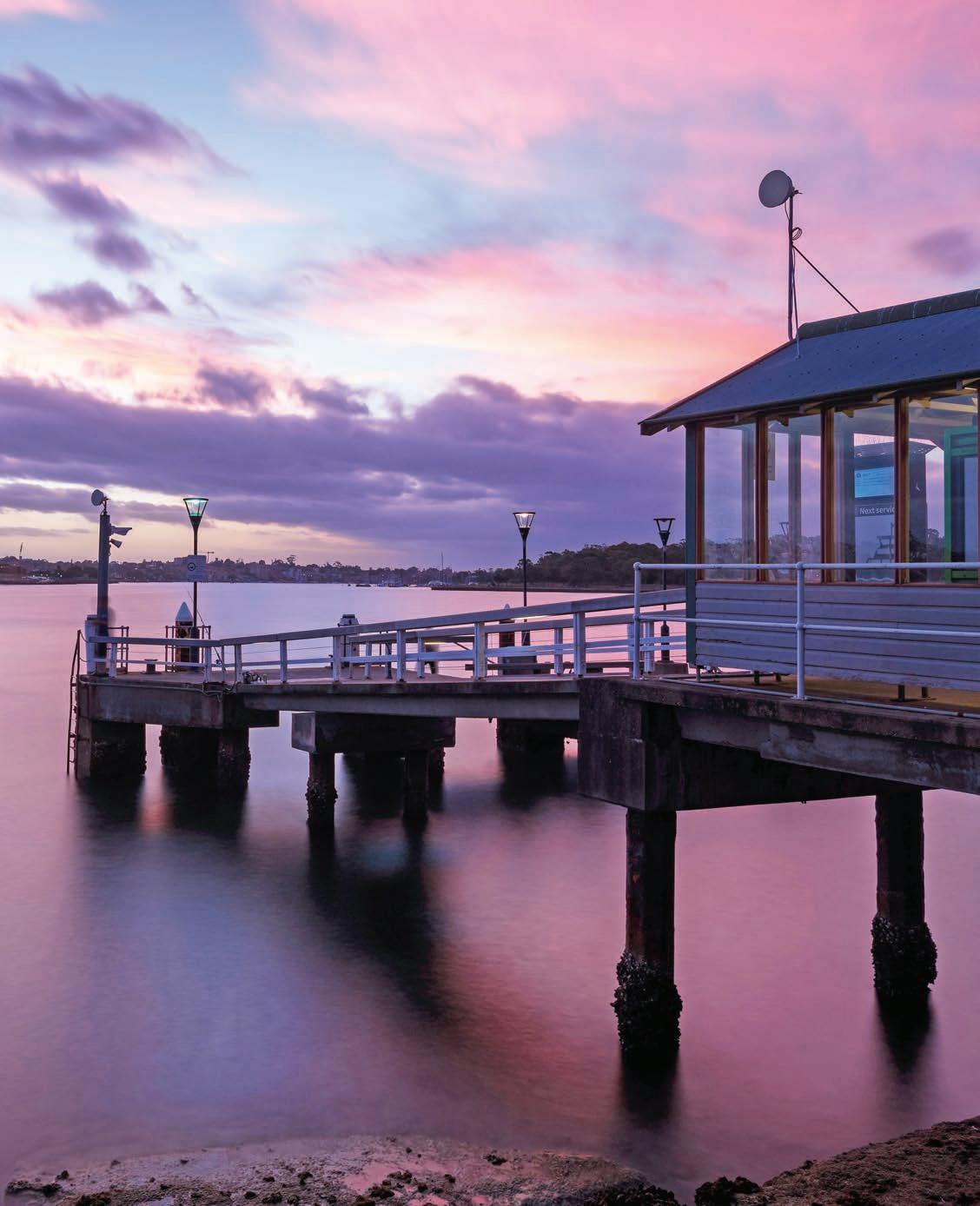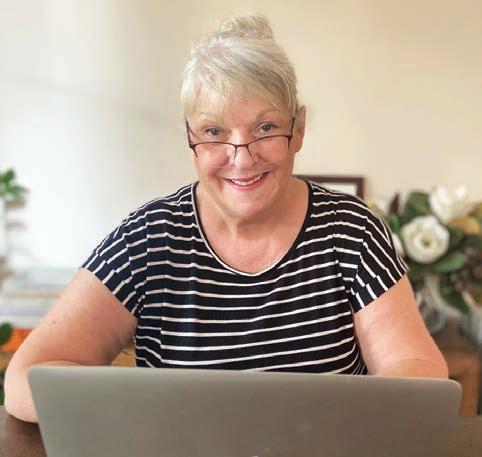
4 minute read
Feature - Food for the future
Food for the future
A cousinly connection linked to Lane Cove is helping forge a new way of buying sustainably sourced product.
Advertisement
WORDS: TRACEY PORTER
Cara and Lauren
Authenticity is everything to Cara Cooper and Lauren Branson. It can be seen in the way Cooper Aware that food accounts for around 26 per cent of greenhouse gas emissions and agriculture is listed as a threat to more than 85 per cent of the world’s maintains her strong familial ties to the species currently threatened with extinction, Lane Cove community, despite the fact her career has seen her traverse around the “We also wanted Branson felt she had no option but to practice what she was preaching. globe. to nourish our “I couldn’t sit back and watch It can also be witnessed in the way Branson relies on her village to help children in a way any longer. I needed to be part of the solution. We also wanted to nourish raise her five children while ensuring that passes on our our children in a way that passes on our she does her best to help enhance the lives of those around her. So, it should really come as no own enjoyment of food...” own enjoyment of food and educates them about the role of nature in feeding all of us.” surprise that when ecologist Branson Cooper felt equally as passionate about approached her cousin Cooper and suggested learning more about where the food she was the corporate high flyer join her in launching an feeding her family was grown and by whom. ethical online food provedore business, Cooper needed Having already identified a growing appetite from little convincing. others like themselves - “ethical consumers” who demanded
At the time Branson was working in conservation, to know more about what they were consuming - the duo protecting threatened and endangered species and was launched their business, Your Food Collective (YFC) in forced to confront her conflicted feelings when she found 2017. herself witness to Australia’s ongoing animal extinctions. “We knew if we could get food right from the soil up,
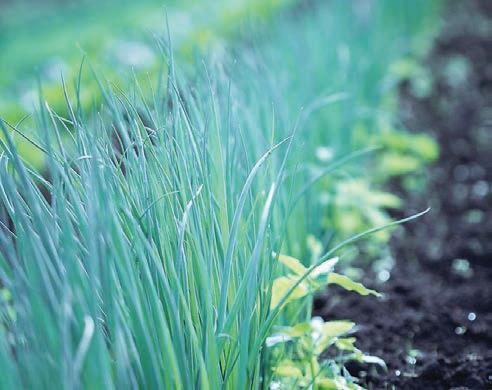
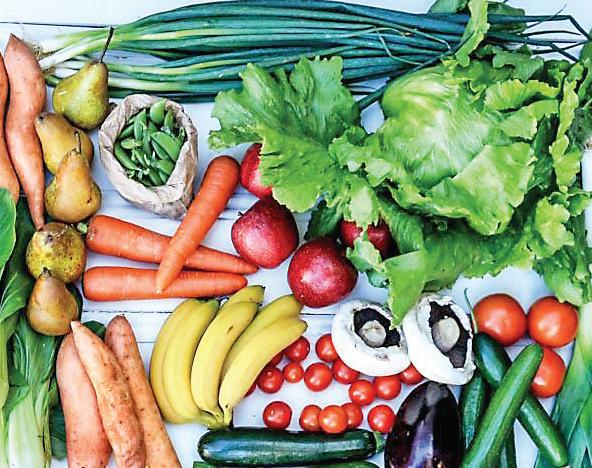
not only would it taste amazing because it was grown with love but we would be driving powerful positive change for our environment and health,” Branson, the group’s CEO, says.
Because ethical sustainability lies at the core of the brand, its business model works by cutting out the middle man and allowing consumers to buy directly from prequalified producers.
The goods are sold via the YFC website where they are assembled into categories such as fruit and vege, meat, food boxes, ready-made meals, health and home and pets. YFC began with a grower base of just 10. Today it has more than 50 who collectively produce around 1000 different product lines offered for sale by YFC. The upshot of which has meant the brand has recently celebrated fulfilling its 40,000th order.
With a host of collection points around the Hunter region, over 95 per cent of the fruit and vegetables sourced by YFC is grown within 250km of the brand’s Newcastlebased fulfilment centre.
But it’s not just consumers who have the most to gain from such an initiative.
Producers themselves benefit from the service as they are able to set the price for the products while controlling their own customised shop on the YFC website. The YFC site gives aspiring farmers an easy entry point to consumers they may not have come across, while also being armed with more predictability when it comes to sales, resulting in less wasted stock.
Determined to build what Branson refers to as a “carbon positive food system from the soil up”, YFC has a clear mandate which prevents it from selling any imported product – both to keep carbon emissions low and to help support local production. Yet unlike other suppliers who source from Sydney markets and show little interest in learning more about the origins of their products, the YFC team make it a point to visit every grower they work with to really understand how and why they do what they do and the unique way in which they get their product from paddock to plate.
As such they count among their ranks groups as diverse as a Hunter Valley grower who tends to 36 types of table grapes, and a brand of heirloom tomatoes and chillies started by Cambodian refugees 25 years ago.
When it comes down to it, the Your Food Collective philosophy is about as simple as it gets.
“It’s all about doing good and eating well,” Branson says.
“We pay fair prices for a product that’s better. We help farms that may not have an easy way to get their products to you, and help aspiring farmers get started.
“We work with growers who grow with respect for the land and the systems that support it. This means our growers are regenerating life across their farms. The details are magical – like nature herself.”


